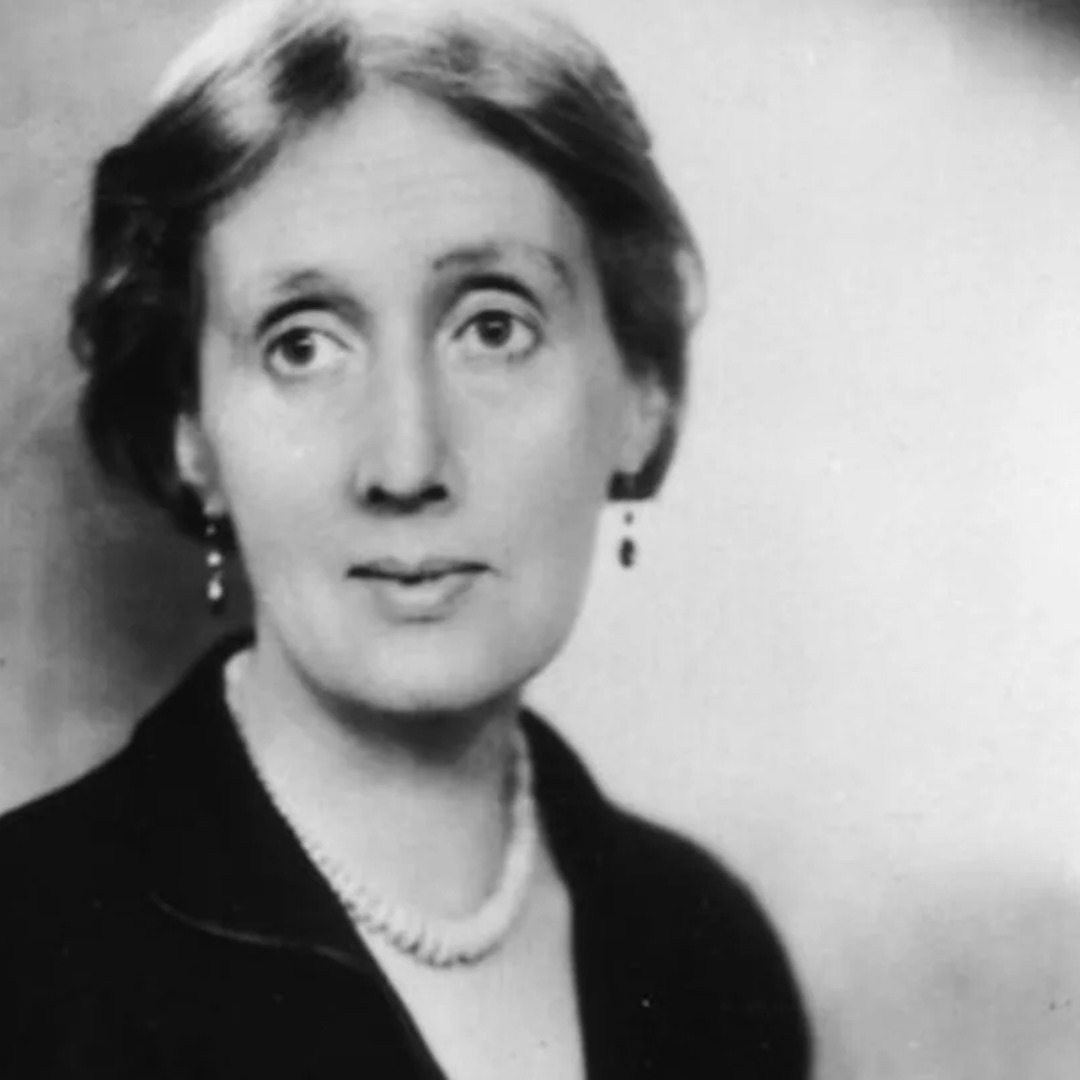Literature has long served as a platform for marginalized voices to be heard, and throughout history, feminist writers have used their pens as powerful tools for advocating gender equality and empowerment. From novels to poetry, feminist literature has explored complex themes of gender, identity, and power dynamics, leaving a profound impact on readers and society as a whole. In this blog post, we embark on a journey through feminist literature, highlighting influential writers and examining the enduring legacy of their works.
- Virginia Woolf: Virginia Woolf is celebrated for her groundbreaking essays and novels that challenged traditional notions of gender and identity. In works such as “A Room of One’s Own,” Woolf eloquently argued for women’s access to education and autonomy, urging women to carve out spaces for themselves in a male-dominated world. Her stream-of-consciousness writing style and introspective exploration of female consciousness have made her a seminal figure in feminist literature.
- Audre Lorde: Audre Lorde was a poet, essayist, and activist whose writing explored intersections of race, gender, and sexuality. Through collections like “The Black Unicorn” and “Sister Outsider,” Lorde gave voice to the experiences of Black women and challenged the limitations of mainstream feminism. Her poetry and prose are characterized by their fierce honesty and unapologetic exploration of identity, inspiring generations of readers to embrace their differences and fight for justice.
- Chimamanda Ngozi Adichie: Chimamanda Ngozi Adichie is a Nigerian author known for her poignant novels and essays that explore themes of feminism, identity, and colonialism. In works such as “Half of a Yellow Sun” and “We Should All Be Feminists,” Adichie offers incisive critiques of patriarchy and advocates for gender equality in both African and global contexts. Her writing is marked by its lyrical prose and empathetic portrayal of complex characters navigating social and political upheaval.
- bell hooks: bell hooks is a feminist theorist and author whose work has been instrumental in challenging conventional understandings of feminism and intersectionality. In books like “Ain’t I a Woman” and “Feminism is for Everybody,” hooks interrogates power dynamics related to race, class, and gender, advocating for a more inclusive and holistic approach to feminism. Her accessible writing style and commitment to social justice have made her a leading voice in contemporary feminist discourse.
- Margaret Atwood: Margaret Atwood is a prolific Canadian author known for her dystopian novels and speculative fiction that explore themes of gender oppression and environmental degradation. In works like “The Handmaid’s Tale” and “Alias Grace,” Atwood offers chilling glimpses into patriarchal societies and the resilience of women in the face of oppression. Her ability to create vivid and thought-provoking worlds has cemented her status as one of the most influential feminist writers of our time.
The power of women’s voices in literature cannot be overstated. Through their words, feminist writers have challenged societal norms, expanded our understanding of gender and identity, and inspired countless individuals to envision a more just and equitable world. As we celebrate Women’s History Month, let us honor the enduring legacy of these writers and continue to amplify the voices of women in literature and beyond.




